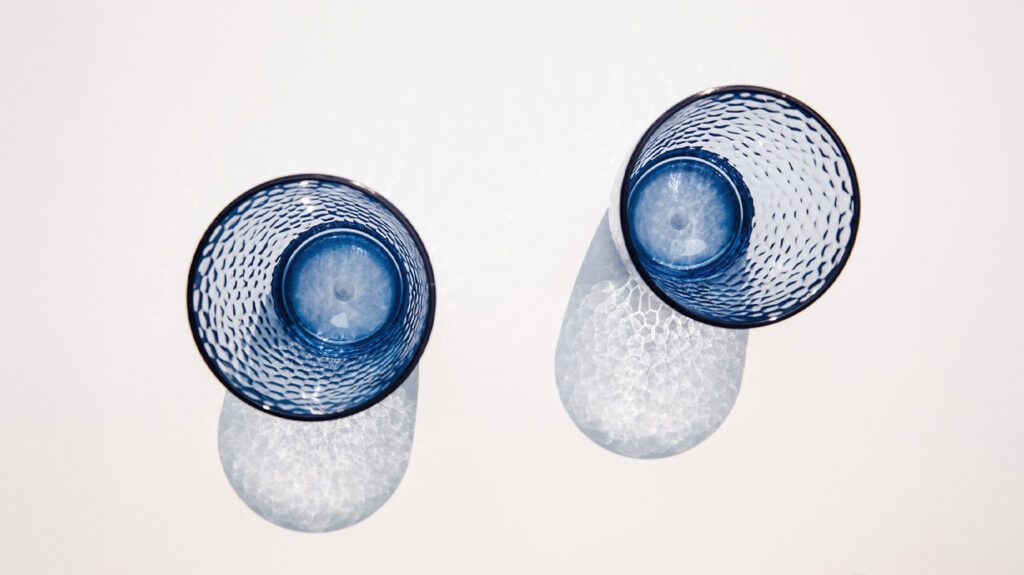Kidney stones form due to high levels of minerals in the urine, such as calcium, oxalate, and phosphorus. High levels of these minerals may result from diet, medications, and certain medical conditions.
Kidney stones are solid pieces of material that form in the kidney.
They can appear as small as a grain of sand, which a person can easily pass through the urine. However, individuals may experience larger kidney stones, which can get stuck in the urinary tract and cause significant pain.
This article further discusses the causes of kidney stones, risk factors, and how someone can prevent them.

If a person does not drink enough fluids throughout the day, their urine can become concentrated. This causes the levels of substances such as calcium, oxalate, and phosphorus to increase, leading to the formation of kidney stones.
According to a 2020 study, a lack of fluid intake is one of the most common causes of kidney stones.
However, there is currently insufficient evidence to support the exact volume and type of liquid a person needs to drink to help prevent kidney stones. That said, the European Association of Urology has certain guidelines an individual may wish to follow, including:
According to the
A DASH diet is a nutritious, balanced diet
- eating plenty of vegetables, fruits, and whole grains
- including moderate amounts of:
- low fat dairy products
- meat
- fish
- nuts
- vegetable oils
- limiting the intake of saturated fats such as fatty meats, full fat dairy products, and tropical oils
- limiting the intake of sweets and sugar-sweetened drinks
If a person has experienced kidney stones before, several dietary choices can help prevent them from re-occurring. However, these approaches vary depending on the type of kidney stones they have had previously. In general, they include:
- limiting sodium intake to the
Dietary Guidelines for AmericansTrusted Source recommendation of no more than 2,300 milligrams per day. - limiting animal proteins such as:
- meats
- fish
- shellfish
- eggs
- eating enough calcium rich foods
Several medical conditions may lead to the formation of kidney stones.
Approximately half of people who develop calcium kidney stones also have hypercalciuria, which refers to high levels of calcium in the urine.
Some other health conditions that may lead to kidney stones
- obesity
- type 2 diabetes
- chronic bowel inflammation, such as inflammatory bowel disease (IBD)
- gout
- recurring UTIs
- renal tubular acidosis
- overactivity of the parathyroid glands
- digestive issues or gastrointestinal tract surgery
- cystic kidney diseases
- hyperuricosuria, in which the urine contains too much uric acid
- cystinuria, in which cystine builds up in the urine
- hyperoxaluria, in which the urine contains excess oxalate
Certain medications may cause the development of kidney stones if a person is taking them for a significant period of time. According to the United Kingdom’s National Health Service (NHS), these can include:
- aspirin
- diuretics, which help remove water from the body through urine
- antacids, which help neutralize stomach acid
- certain antibiotics
- antiseizure medication
- certain medications that treat HIV
A person is more likely to develop kidney stones if the condition also affects close family members such as a parent or sibling.
The NHS notes that some other risk factors for kidney stones can include:
- physical inactivity
- previous kidney stones, particularly before the age of 25
- eating a high protein and low fiber diet
According to the National Kidney Foundation, drinking plenty of fluids is the most effective way to prevent kidney stones. Individuals also need to replace any fluids they lose through exercising or excessive sweating.
Another way a person can help prevent kidney stones is to follow a nutritious, balanced diet, which includes:
- eating plenty of vegetables, fruits, and fiber
- limiting animal proteins such as meats, fish, and eggs
- limiting the amount of sodium a person consumes
- limiting sugary foods and drinks
- eating enough calcium rich foods
- avoiding high levels of dietary supplements, such as calcium and vitamin C
Kidney stones are solid deposits that can form due to high levels of various minerals in the urine.
They have several causes, including not drinking enough fluids, not following a balanced diet, having certain medical conditions, and taking certain medications.
A person can help prevent kidney stones if they limit their salt intake, follow a balanced diet, and drink plenty of fluids.


